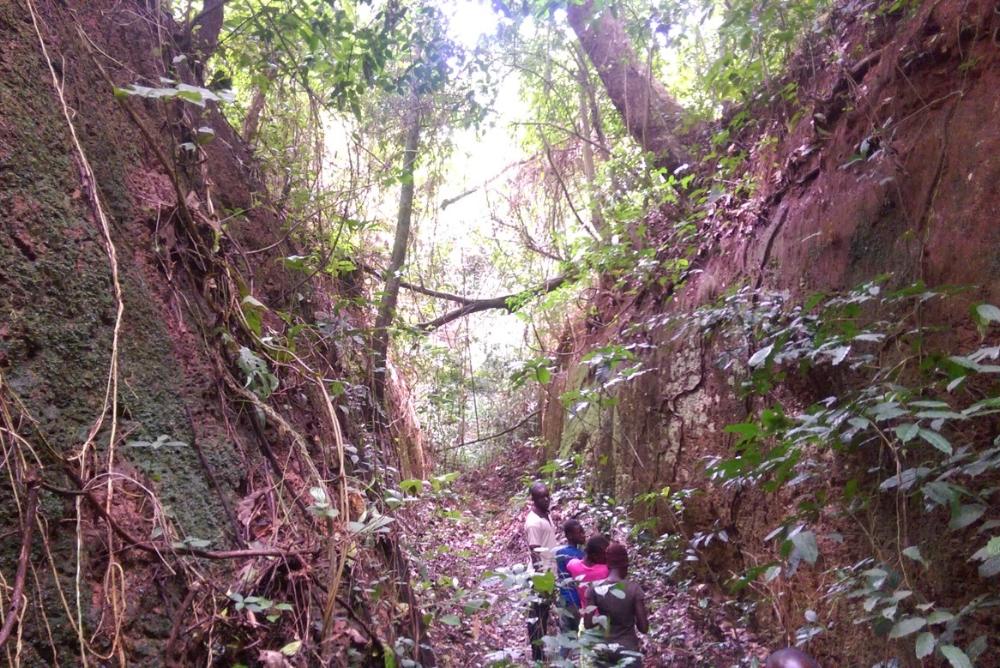W&M Featured Events
[PAST EVENT] Anthropology Ph.D. Defense Proposal: Tomos Evans
Location
Zoom
Sungbo’s Eredo is a vast earthen construct which, at 100 miles in its total circumference, is thought to be the largest single monument in Africa. It stands as testament to the complex socio-political dynamics of the Yorùbá-Edo region of southern Nigeria from its original construction 600 years ago to the present. This earthen system of banks and trenches encircles a significant portion of the Ijebu Kingdom which has deep roots in the past of this part of West Africa. It has previously been interpreted as constructed from a “master plan” devised by the rulers of that polity, to see to Ijebu’s defense and population control, and to strengthen the authority of these central urban elites. However, archaeological and oral historical research conducted in this region remains lacking, and beyond these preliminary hypotheses, little is truly known about the construction, maintenance, utilization, functions, and meanings of the earthwork to the people who lived in its vicinity, and how its significance to these communities evolved over time. There has furthermore been a lack of engagement with local Ijebu and broader Yorùbá philosophies, ontologies, and epistemologies when seeking explanations of the earthwork, with uncritical use of frequently ethnocentric concepts from the Western social sciences often predominating.
In seeking to rectify this, this proposed research looks to innovative theoretical approaches in archaeology that have critiqued many of the narrow assumptions relating to the operation of complex societies, the nature of urban polities, and the concept of monumentality. These have criticized the tendency of archaeologists to prioritise top-down hierarchies and elite agency when explaining past monumental architecture at the expense of the role and agency of non-elite, non-hierarchical, alternative forms of social organisation. It combines these more flexible theoretical positions with a number of ontological concepts deriving from Yorùbá philosophies that are speak more to local realities, including interrelated ideas about social composition, power and energy, competition, art and architecture, and creativity that are likely to better equip us to explain the construction and purposes of past monumental earthworks in this region, and their relationships with the polities that generated them. With its concern for understanding these dynamics at Sungbo’s Eredo, and with this holistic theoretical approach in hand, this proposed research will involve excavations in Lagos State, Nigeria, at archaeological sites adjacent to the earthwork. It will combine analysis of archaeological data from these excavations with information deriving from local oral tradition, archival research, surveys of the local landscape, and LiDAR data of the earthwork to produce interpretations of Sungbo’s Eredo that are more likely to better reflect the culturally-specific dynamics of this area of West Africa.
Please email [[jdcarlson]] for Zoom link.
Contact
[[jdcarlson]]
